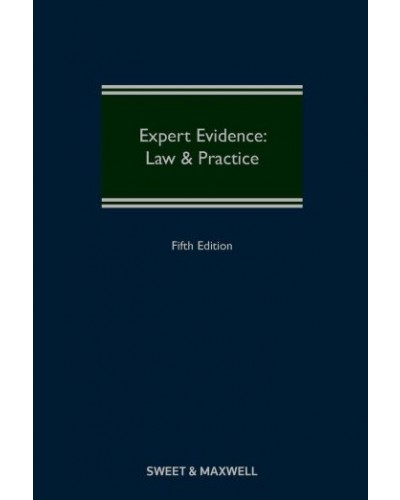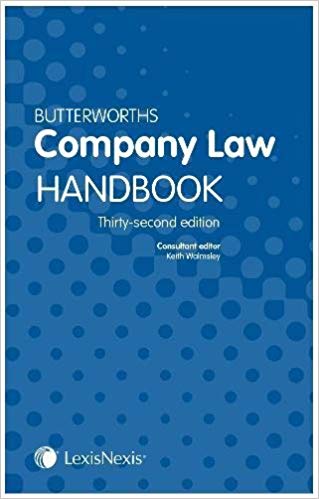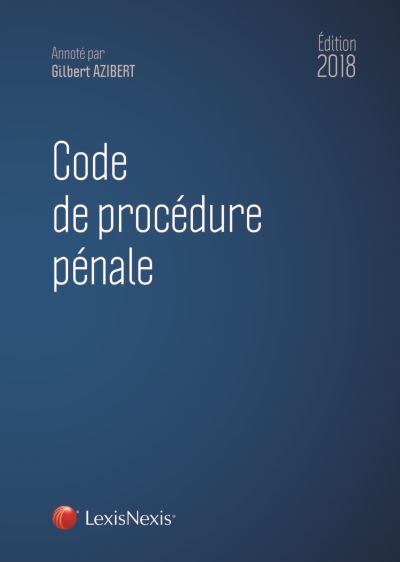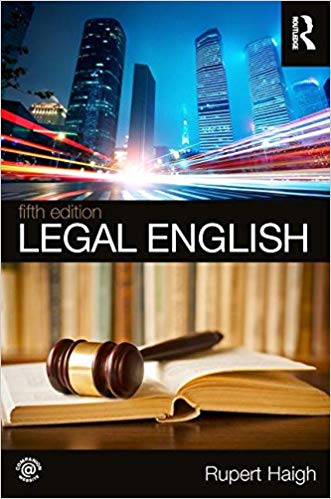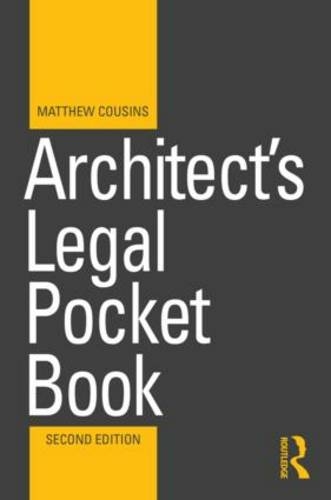Description
A comprehensive guide to the law, practice and procedure relating to the admission of expert evidence in courts, tribunals, official enquiries and other proceedings, including arbitration. It gives detailed guidance to those involved in the pre-trial preparation of expert evidence or the presentation or questioning of it in court.
Covers expert evidence in both civil and criminal proceedings
Sets out general principles and deals with the application of those principles in specific contexts
Covers courts, tribunals, official enquiries and arbitration
Provides guidance for pre-trial preparation of expert evidence, including such issues as bias, privilege and confidentiality
Discusses when expert evidence can be used
Details methods of questioning expert evidence in court
Looks at the form and content of expert evidence, including that produced by machines, devices and other apparatus
Considers methods of proof, dealing with psychological and psychiatric evidence; land and building valuation; forensic sciences and techniques; actuarial, accountancy and market research; evidence with a mathematical element; and proof of foreign law
Deals individually with different fields of litigation: personal injury cases; construction claims; intellectual property; criminal sentencing; drink/driving offences; obscenity; and matrimonial and other proceedings involving children
Includes all important statutory provisions and rules, and extracts from relevant cases
Makes comparative reference to various other common law jurisdictions, including Scotland, Canada, USA, Australia, NZ and Ireland
Covers new developments including guidance on the use and admissibility of expert evidence in civil cases, guidance on the instruction of experts to give evidence in civil claims, a practice direction giving assistance to judges in criminal cases on the admissibility and weight to be attached to expert evidence, and a new interpretation of the test for the admissibility of expert evidence under CPR r. 35.1
Contents:
Part A: Introduction – The principles and development of expert evidence
1. Introduction
2. Non-opinion expert evidence
3. Novel scientific ideas and techniques: the twilight zone
Part B: Pre-trial practice and procedure
4. Pre-trial procedure
5. Single joint experts, assessors and experts appointed by the court
6. Bias
7. Privilege and confidentiality
Part C: Evidence at trial
8. The expert witness at trial
9. The form and content of expert evidence
10. Experts and hearsay evidence
11. Evidence produced by machines, devices and other apparatus
12. The evidential value of expert evidence
13. Costs and fees
14. Immunity
Part D: Methods of proof
15. Psychological and psychiatric evidence
16. The valuation of land and buildings
17. Forensic Sciences and Techniques
18. Actuarial, accountancy and market research: evidence with a mathematical element
19. Proof of Foreign Law
Part E: Specific tribunals
20. Tribunals not governed by the strict rules of evidence
21. Specific commercial jurisdictions
Part F: Fields of litigation
22. Medical reports in personal injury cases
23. Construction claims
24. Intellectual property
25. Criminal sentencing
26. Drink/Driving offences
27. Obscenity
28. Matrimonial and other proceedings involving children
Part G: Expert evidence: The future
29. The future
Appendices
